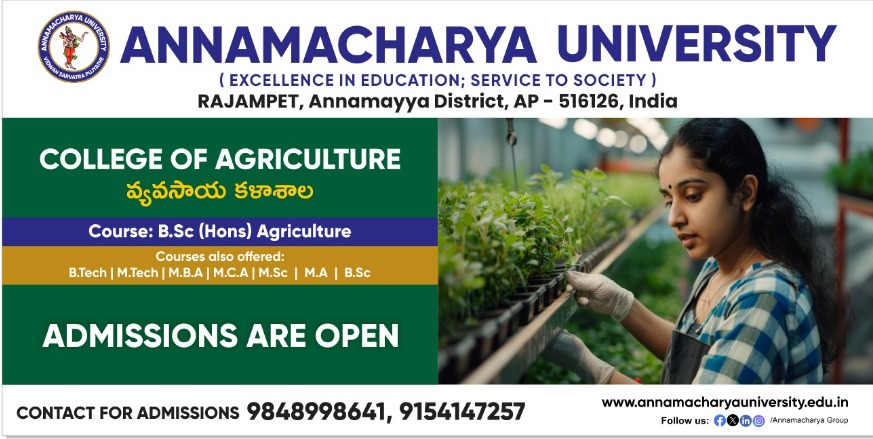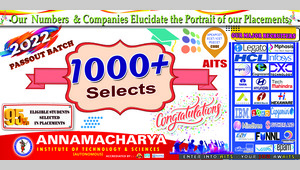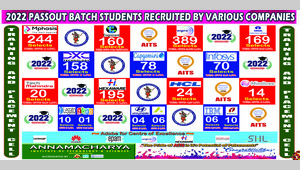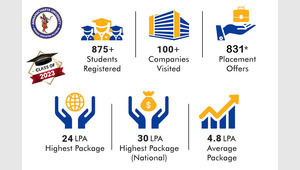Home
Mission statement
To advance IT knowledge through continuous learning and professional development. We foster collaboration and innovation by connecting professionals, academics, and students. We also engage with industry and community leaders to address societal challenges and drive technological progress.
Vision statement
To promote excellence in computer science and IT by empowering professionals and students through continuous learning, fostering collaboration and innovation, supporting industry growth, and engaging with the broader community to address societal challenges through technology.
Core values
The core values of a CSI Chapter typically include:
- Excellence: Committing to the highest standards in professional and academic pursuits, fostering a culture of continuous improvement and innovation.
- Collaboration: Promoting teamwork and knowledge sharing among members, industry professionals, and educational institutions to drive collective success.
- Integrity: Upholding ethical standards and transparency in all interactions, ensuring trust and respect within the community.
- Inclusivity: Encouraging diversity and welcoming contributions from all members, regardless of background, to enrich the IT field.
- Service: Engaging with the community to address societal needs and contribute positively through technology and expertise.
About Us
The CSI Student Chapter is a branch of the Computer Society of India (CSI) specifically designed for students interested in computer science and information technology. It provides a platform for students to engage with the latest developments in the field, gain practical experience, and connect with industry professionals.
Key Aspects of a CSI Student Chapter are
- Educational Opportunities: The chapter organizes workshops, seminars, and guest lectures to help students stay updated with industry trends and enhance their technical skills.
- Networking and Collaboration: It creates opportunities for students to network with peers, faculty, and industry experts, facilitating collaborations on projects and research.
- Skill Development: The chapter often conducts hackathons, coding competitions, and other events that help students apply their knowledge practically and develop problem-solving skills.
- Professional Growth: It offers resources and support for career development, including guidance on internships, job placements, and professional certifications.
- Community Engagement: The chapter engages in community outreach and social initiatives, applying technology to address local and global challenges.
Overall, the CSI Student Chapter aims to bridge the gap between academic learning and industry practice, preparing students for successful careers in IT.
Committee Members
CSI Student Branch – Committee Members (2024-25)
| Name of the Member | Role and Department |
| Dr.M. Subba Rao | Dean – Non-Statutory & Professional Bodies |
| Dr. K. Boopalan | Member – CSE |
| Dr.K.Uday Kumar Reddy | Member – AI&DS |
| Dr. N.Penchalaiah | Member – AIML |
| Mr. B.Dilip Chakravarthy | Member Secretary |
Events
The following are some of the activities conducted by the IEEE Student Branch:
- Scheduling speakers on technical and professional subjects, including guest lectures and workshops
- Entering design competitions
- Engaging in engineering awareness programs
- Participating in CSI conferences
- Collaborating with other CSI Student Branches
- Organizing field trips to industry sites
- Providing tutorials for non-members and conducting membership drives
- Raising funds for charitable causes and Student Branch projects
Publishing a Student Branch newsletter.
Gallery
Coming Soon….
CSI Membership Benefits
Student Membership Benefits:
The benefits of being part of a CSI (Computer Society of India) Student Chapter include:
- Educational Enrichment: Access to exclusive workshops, seminars, and guest lectures by industry professionals and academics, enhancing classroom learning with real-world insights.
- Networking Opportunities: Platforms to connect with peers, experienced professionals, and potential employers through networking events, conferences, and industry meet-ups.
- Skill Development: Opportunities to participate in coding competitions, hackathons, and project-based activities that build practical skills and foster innovation.
- Career Support: Resources for career development, including guidance on internships, job placements, resume building, and interview preparation.
- Leadership Experience: Opportunities to take on leadership roles within the chapter, organizing events and managing teams, which develop organizational and management skills.
- Collaborative Projects: Access to collaborative projects and research initiatives, promoting teamwork and hands-on experience in solving real-world problems.
- Professional Growth: Eligibility for various awards, certifications, and recognitions that can enhance academic and professional credentials.
- Community Engagement: Involvement in outreach programs and initiatives that apply technology to address societal challenges and contribute to community development.
Contact Us:
Dr. M. Subba Rao, Professor and Head,
Department of CSE,
Annamacharya University, Rajampet.
Ph.No: 9848885492,
msraoswap@gmail.com





